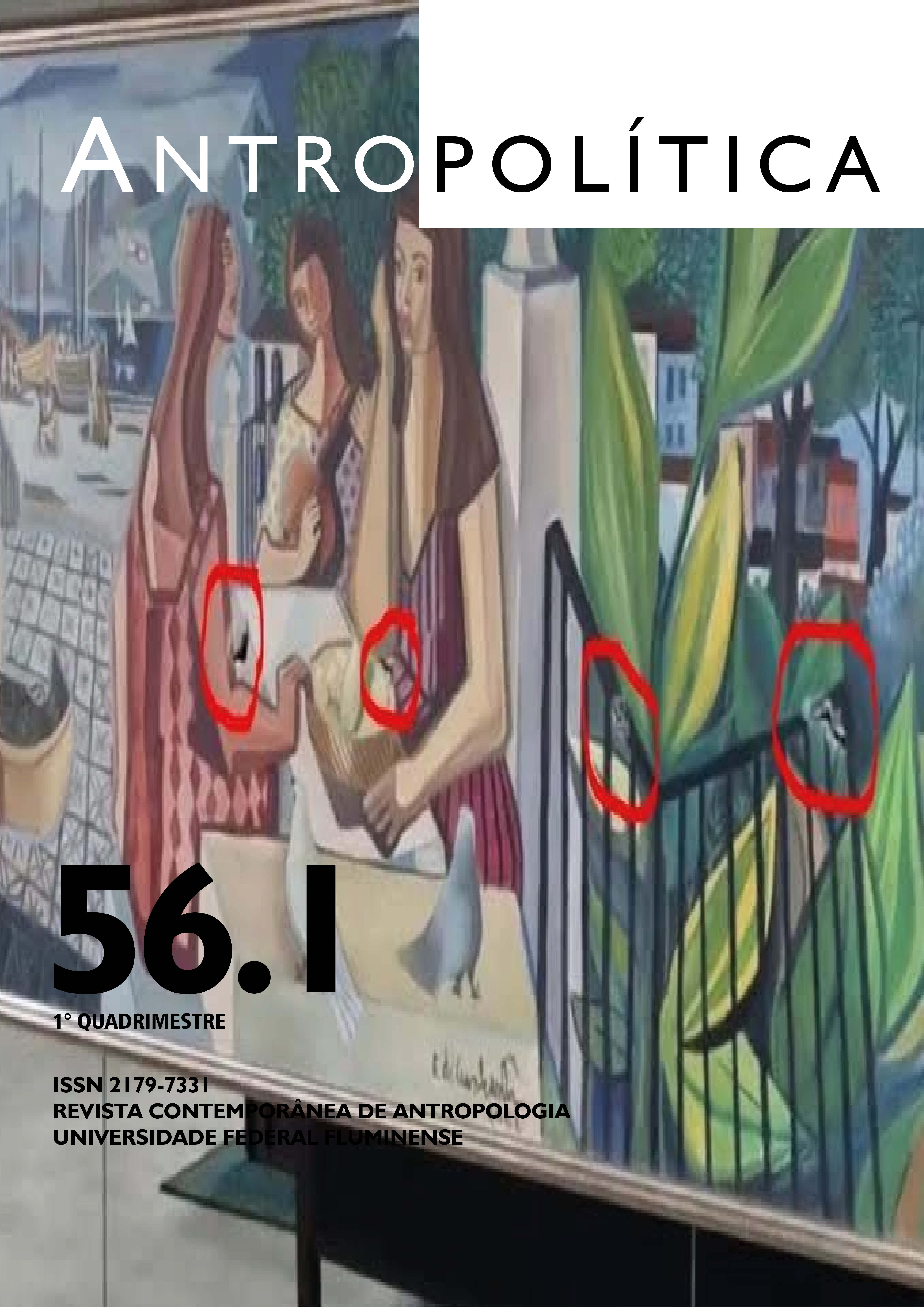The price of petting: a study of veterinary expenses as elements for valorization of the existence of companion animals
DOI:
https://doi.org/10.22409/antropolitica.i.a56596Keywords:
Valorization, Existence, Companion animals, Veterinary expenses.Abstract
This article aims to understand how people effectuate the value of the existence of “companion” or “domestic” animals (“pets”) based on the relationship between this existence and money. Its focus is a contrastive analysis of two representative cases of research on veterinary treatments considered expensive by “owners,” “guardians,” “humans,” or “parents” of “pets.” We discuss how expenses with the preservation of life become, at the same time, indexes of the valorization of these lives and a moral challenge related to a hostile relationship with the economy – through the transfiguration of quantitative values into qualitative signs. This valorization involves thinking about pets as more than mere lives, seeing them as “existences,” that is, as lives treated in terms of their finitude, to be valued and evaluated in terms of their singularities, differences, and equalities, with the intention of avoiding their suffering. To do that, we combine an anthropology of the construction of value of non-human animals with a pragmatic/pragmatist sociology of morality attentive to the pluralism of value frameworks and to how actions/situations are effectuated. Our work have shown that three phenomena are fundamental in the question of value as a device for offering meaning: valuation, evaluation, and valorization. We thus discuss how the interrelationship between money and animal existence express those phenomena.
Downloads
Downloads
Published
Issue
Section
License
Copyright (c) 2024 Alexandre Werneck, Ana Paula Perrota

This work is licensed under a Creative Commons Attribution 4.0 International License.
O conteúdo da revista Antropolítica, em sua totalidade, está licenciado sob uma Licença Creative Commons de atribuição CC-BY (http://creativecommons.org/licenses/by/4.0/deed.pt).
De acordo com a licença os seguintes direitos são concedidos:
- Compartilhar – copiar e redistribuir o material em qualquer suporte ou formato;
- Adaptar – remixar, transformar, e criar a partir do material para qualquer fim, mesmo que comercial;
- O licenciante não pode revogar estes direitos desde que você respeite os termos da licença.
De acordo com os termos seguintes:
- Atribuição – Você deve informar o crédito adequado, fornecer um link para a licença e indicar se alterações foram feitas. Você deve fazê-lo em qualquer maneira razoável, mas de modo algo que sugira que o licenciante o apoia ou aprova seu uso;
- Sem restrições adicionais — Você não pode aplicar termos jurídicos ou medidas de caráter tecnológico que restrinjam legalmente outros de fazerem algo que a licença permita.


